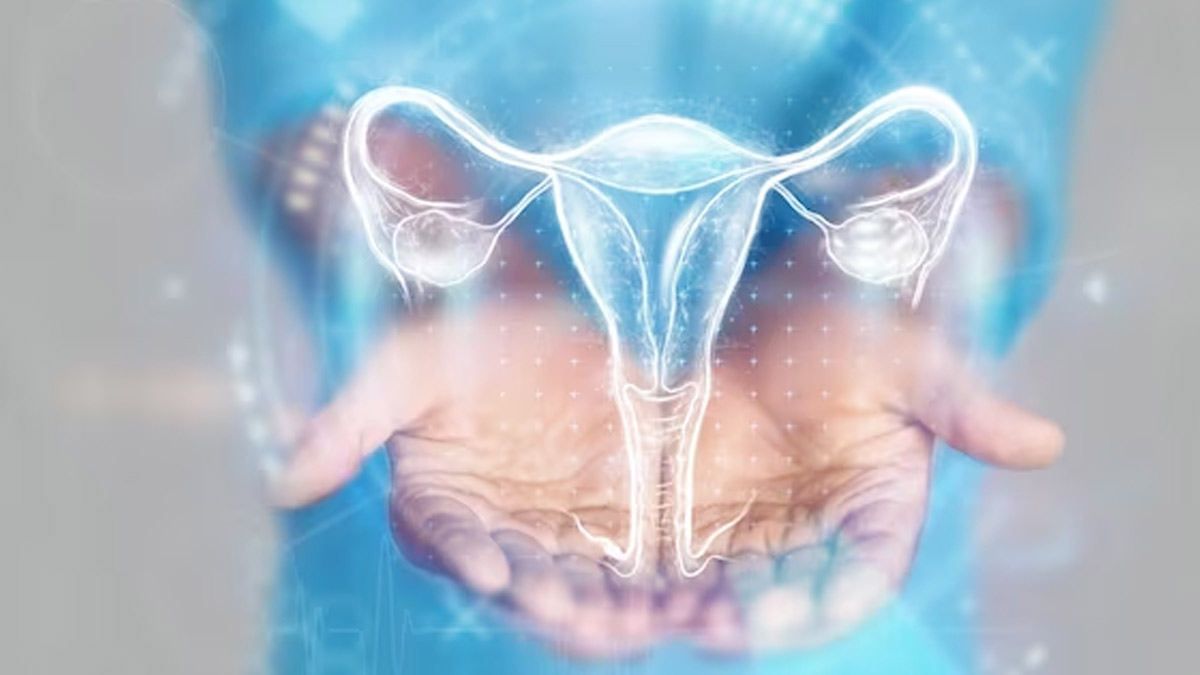
Cervical cancer is the third most common cancer in India. It contributes to approximately 6–29% of all cancers in women, according to a study published in the Indian Journal of Medical and Paediatric Oncology. Another study published in the Journal of BMC Cancer suggested that cervical cancer is associated with sexual behaviours such as poor genital hygiene, early age of marriage, multiple sexual partners, or repeated pregnancies.
Table of Content:-
A lack of awareness around cervical cancers is one of the major problems leading to an increase in mortality. That said, we spoke to Dr Komal Bhadu, Gynecologist at Ruby Hall clinic, Pune, who not only explains the importance of early detection, but how one can reduce their risk of cervical cancer.
Also Read: Can You Still Get An HPV Vaccine If You're NOT A Virgin?
The Importance Of Early Screening In Cancer Prevention

Dr Bhadu says, “Cervical cancer is one of the most common cancers affecting women worldwide, but it is preventable. Taking steps to reduce your risk of cervical cancer is crucial, and screening and diagnosis can play a vital role in catching the disease early and improving your chances of successful treatment.”
Pap tests and Human Papillomavirus (HPV) testing can detect precancerous changes in the cervix before they develop into cancer, the doctor further explains. “Women should start getting screened at age 21 and continue every 3-5 years, depending on their age and health history,” she adds.
In case abnormal cells are detected, further diagnostic testing, such as a colposcopy or biopsy, may be necessary to confirm the diagnosis of cervical cancer. These tests involve examining the cervix under a microscope and taking a sample of tissue for laboratory testing.
Ways To Reduce The Risk Of Cervical Cancer

Regular Pap tests
Dr Bhadu says, “Pap tests can detect precancerous cells in the cervix before they turn into cancer.” According to the doctor, women should start getting Pap tests at age 21 and continue every 3-5 years, depending on their age and health history.
HPV vaccination
The HPV vaccine protects against several types of HPV. According to the International Agency for Research on Cancer (IARC), 13 HPV types can cause cervical cancer, and at least one of these types can cause cancers of the vulva, vagina, penis, anus. Therefore, Dr Bhadu urges both girls and boys to receive the vaccine before they become sexually active.
Safe sex
“Practising safe sex can reduce the risk of contracting HPV and other Sexually Transmitted Infections (STIs), which can lead to cervical cancer,” says Dr Bhadu. While there are reliable birth controls in the market, which should be taken as prescribed by a doctor, condoms are the most easily accessible protective measure against STIs.
Also Read: 4 Common Types Of Menstrual Disorders That Can Cause Irregular Periods
Quit smoking
Dr Bhadu says, “Smoking weakens the immune system, making it harder for the body to fight off HPV and other infections that can lead to cervical cancer.” Therefore, the doctor encourages smokers to quit the unhealthy habit.
Follow a healthy lifestyle
According to the doctor, a healthy lifestyle comprises eating a healthy diet, exercising regularly, and maintaining a healthy weight, which can reduce the risk of developing cervical cancer.
Education and awareness
Another thing that can reduce the risk of cervical cancer are education and awareness campaigns. According to Dr Bhadu, these can help women understand the importance of cervical cancer prevention and encourage them to get screened and vaccinated.
Takeaway
Cervical cancer can be life-threatening, but not if it is detected early and measures are taken to reduce risk. Interestingly, it is among the only cancers that can be prevented with a vaccine. So why not take advantage and protect yourself against it.
Also watch this video
How we keep this article up to date:
We work with experts and keep a close eye on the latest in health and wellness. Whenever there is a new research or helpful information, we update our articles with accurate and useful advice.
Current Version
